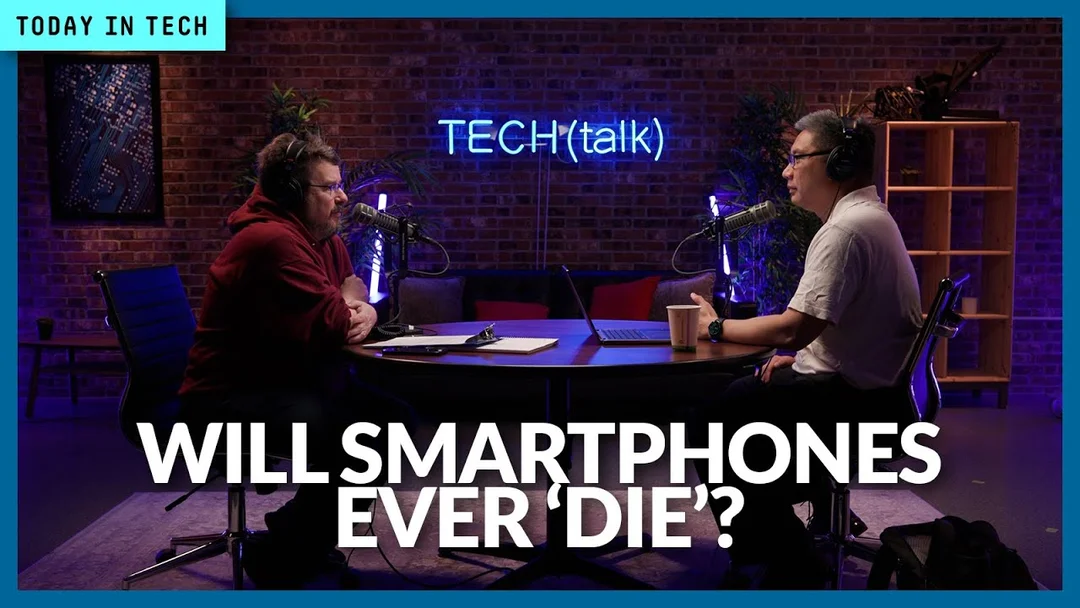
Tech Titans Predict the End of Smartphones: Are We Ready to Ditch Our Pocket Computers?
A seismic shift is rumbling through Silicon Valley as tech heavyweights like Elon Musk, Mark Zuckerberg, and Sam Altman envision a future where the smartphone, a device that has dominated the digital landscape for over a decade, becomes obsolete. But is this a realistic prediction or simply wishful thinking?
While Tim Cook and Apple continue to refine and enhance the smartphone experience with products like the iPhone 16, incorporating advanced AI, others are betting on radical technologies promising to replace it entirely. This divergent vision raises a fundamental question: How should humans interface with technology in the future?
Elon Musk, with his company Neuralink, is pioneering brain-computer interfaces, aiming to enable users to interact with machines through thought alone. According to Neuralink, two human subjects have already received implants. Imagine a world without tapping, swiping or speaking – just pure thought-driven action!
Bill Gates is backing Chaotic Moon, a company developing electronic tattoos that collect and transmit data through nanosensors. These tattoos, worn directly on the skin, could revolutionize health tracking, communication, and even geolocation, turning the body into a digital platform.
Meanwhile, Mark Zuckerberg is heavily invested in augmented reality (AR) glasses. He predicts that by 2030, these glasses will supersede smartphones as the primary computing device, overlaying digital content onto our field of vision. This aligns with his ambitions for the metaverse, aiming to redefine how we engage with the internet and each other.
However, Tim Cook and Apple are taking a different approach. Instead of revolutionary changes, they are focused on incremental innovation. The newly released iPhone 16 leverages AI to enhance user experience while maintaining the familiar form factor. Cook believes that the smartphone remains central to everyday life and should be evolved, not replaced. Cook has stated, "We’re committed to improving what people already use..."
Ramon Llamas, Research Director of Mobile Devices and AR/VR at IDC, offers a more grounded perspective. He notes that even with the talk of replacements, smartphones continue to ship over a billion units annually. "From my cold, dead hands will you get my smartphone," he jokingly quotes, emphasizing the device's enduring popularity.
The crucial point is that any potential replacement must offer something unique that a smartphone cannot. Smartwatches, for example, initially struggled until they integrated health and fitness tracking, features that a phone couldn't replicate. Similarly, smart glasses with "see what I see" capabilities could revolutionize hands-free video calls, a game-changer for many industries.
Llamas points out that smart glasses hold significant promise, integrating audio, visual potential, and voice interactions. Keith Shaw highlights the potential for real-time translation. Imagine being in a foreign country and having your glasses translate everything in your ear with no awkwardness instead of pulling out your phone.
Ultimately, the future of personal technology remains uncertain. Will brain implants, digital tattoos, or AR glasses truly replace the smartphone? Or will the smartphone continue to evolve, integrating these emerging technologies to remain the central hub of our digital lives?
What are your thoughts on the future of mobile technology? Will you be ditching your smartphone anytime soon? Share your opinions in the comments below!